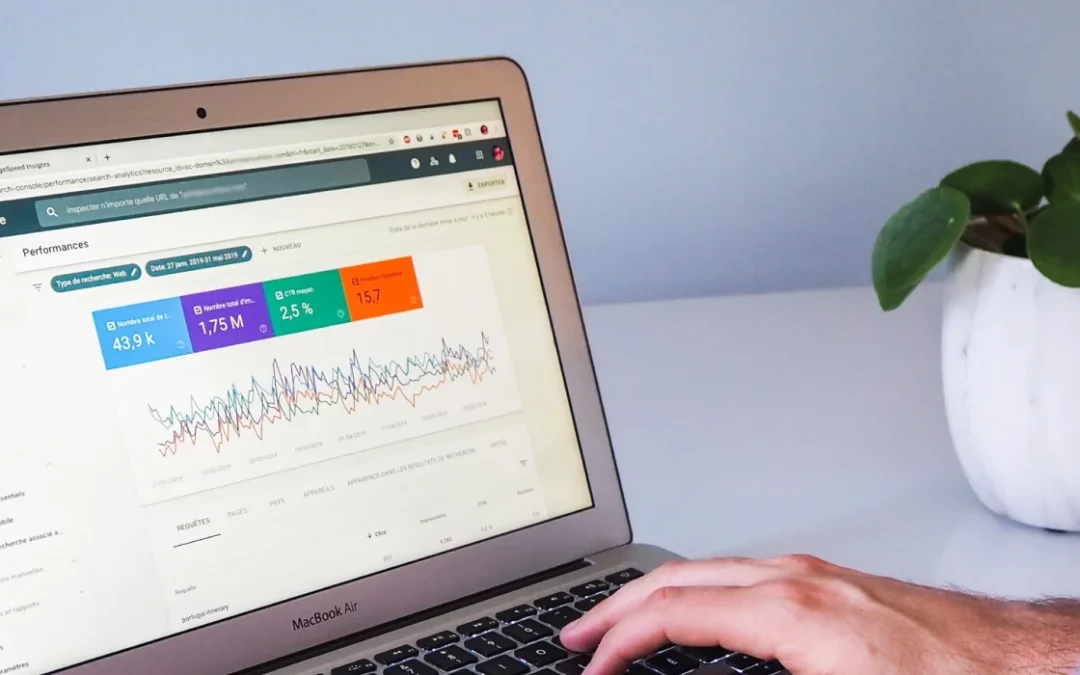Google penalties are an important part of any digital marketing strategy. In 2023, they can be a major headache for businesses, especially those who are unfamiliar with the complexity of online marketing. With new advancements in technology and search engine algorithms, it’s become important to stay on top of the ever-changing landscape of Google penalties. In this blog post, we’ll discuss what Google penalties are, how they affect your business, and how you can avoid them in the future. With the right knowledge and strategies, you can ensure that your business will remain unaffected by Google’s ever-changing and stringent standards

What are Google Penalties?
Google penalties can be broadly split into two categories:
1. Algorithmic penalties: Algorithmic penalties are automated and are usually the result of an algorithm update.
2. Manual actions: Manual actions are issued by Google’s team of manual reviewers and are typically more serious than algorithmic penalties.
Types of Google Penalties
1. Panda Penalty – The first type of penalty is the Panda Penalty. The Panda Penalty is given out by Google when it finds a website to be of low quality. This could be because of websites with duplicate or low-quality content. Websites with these types of issues may not be able to rank very well on Google’s search pages. Websites that receive the Panda Penalty may not see as much organic traffic as they did before the penalty was implemented.
2. Penguin Penalty – The second type of penalty is the Penguin Penalty. The Penguin Penalty from Google is given out when sites are found to be using black-hat SEO tactics. This could be because the site is spammy, it has too many unnatural links (links from sites that are not related to the content of the website), or it could be because of a poor link-building strategy (creating links to pages that don’t exist). If a website receives the Penguin Penalty, it will have a lot of trouble ranking on Google and may not be able to recover.
3. Mobile Penalty – Google is now giving out Mobile Penalties to sites that do not have a mobile-friendly design. If a website is not mobile-friendly, it could have a large impact on its ranking. So, it is important to make sure that websites are set up to be mobile-friendly.
4. HTTPS Penalty – This penalty is given out by Google when a website is not using HTTPS encryption. Websites should be using an HTTPS certificate so that the data is safe from any malicious parties. Websites that do not have HTTPS encryption may not rank as highly as sites that do and may also experience a Google penalty.
How to Avoid Google Penalties in 2023
The best way to avoid Google penalties in 2023 is to ensure that your website is up-to-date with the latest Google algorithms and guidelines. Google’s algorithm is constantly changing, so it’s important to stay up to date with these changes. Monitor the algorithmic updates and adjust your SEO and digital marketing strategies accordingly. Here are a few tips to help you stay compliant:
✦ Monitor your backlinks: Make sure you’re monitoring your backlinks and that they’re from reputable sources. Low-quality backlinks can lead to algorithmic penalties. While manual penalties can result from buying or selling backlinks.
✦ Optimize your website for mobile devices: Make sure that your website is optimized for mobile devices and is easy to navigate and use.
✦ Avoid keyword stuffing: Keyword stuffing is a big no-no when it comes to SEO. Not only can it lead to a manual penalty, but it can also negatively affect your organic search rankings.
✦ Secure your website with HTTPS encryption: Make sure that your website is secured with HTTPS encryption to protect your users’ data.
By following these tips, you can ensure that your website stays in line with the latest Google algorithms and guidelines and avoids being hit with a Google penalty in 2023.
If you need help with search engine optimization (SEO) and social media optimization (SMO) in 2023, then you should consider hiring the best digital marketing agency. The professionals can help you make sure that your website is up to date with the latest Google algorithms and guidelines. They can help you avoid any potential penalties.
Conclusion – These are the different types of Google penalties that companies may experience for not following Google’s guidelines. Companies need to make sure that their websites are up-to-date and follow all of the guidelines given by Google. If a company has received any of these penalties, it is important to take the necessary steps to reverse them and get the website ranking higher on SERPs.


